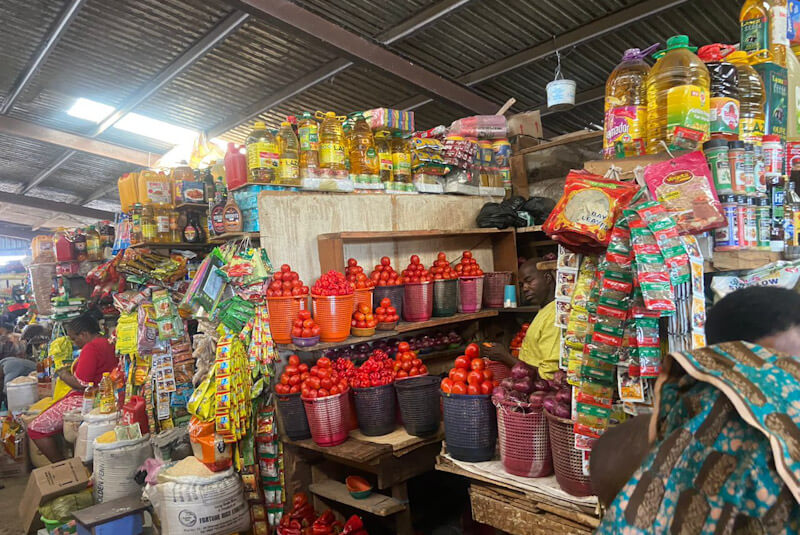Brace Up For Higher Food Prices In 2023, CBN Board Members Tell Nigerians
Nigeria’s food inflation may linger longer than expected as top Central Bank of Nigeria members are advising Nigerians to brace up for the worst.
Top members of the Monetary Policy Committee of the CBN gave the hint in their personal statement at the last meeting which was recently published by the bank.
Advertisement
Adenikinju Festus, a member of the Monetary Policy Committee of the CBN is projecting that food prices will be on the high untill March 2023.
He made the projection as inflation has failed to moderate despite the hike in interest rate to tame rising prices.
Inflation has reached 21.47 per cent in November 2022, while the food component hit a historic 24.13 per cent in November.
Nigeria’s food inflation was worsened by structural issues including insecurity and transportation.
Advertisement
But the country’s worst seasonal flooding which swept across 33 states including major food production areas complicated food supply.
“The large-scale flooding that swept through the country in October will have adverse consequences for food supply, and output growth in 2022 Q4 and part of 2023 Q1. This may drag down overall GDP growth for 2022 from level projected,” Festus said.
The flood displaced over 1.3 million homes and over 600 deaths were recorded according to the Minister of Humanitarian Affairs, Disaster Management and Social Development, Sadiya Umar Farouq.
Food prices and the cost of other items have pushed the CBN to raise the benchmark lending rate from 11.5 per cent to 16.5 per cent in 2022 alone.
The rate was first increased from 11.5 per cent to 13.6 per cent in May, and to 14 per cent in July.
Advertisement
The CBN pushed the rates further to 15.5 per cent and 16.5 per cent in the last meeting
Another member of the apex bank’s MPC and the Deputy Governor, Corporate Services Directorate, Edward Lamatek Adamu decried in his personal statement that “inflation continues to be a major challenge” despite CBN’s monetary tightening stance.
Kingsley Obiora, Deputy Governor, Economic Policy Directorate of the CBN said “inflation becomes more entrenching, it is fast eroding the real income of households and is detrimental to stable and inclusive growth.”



